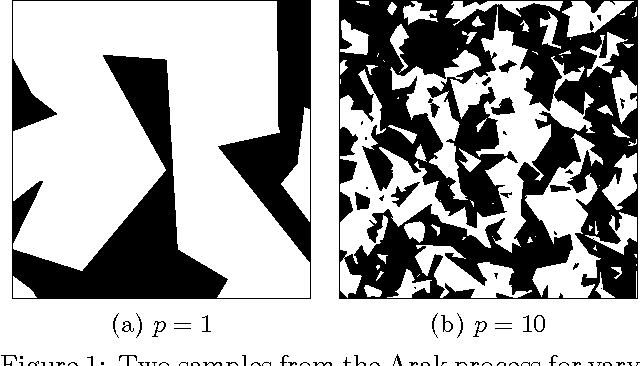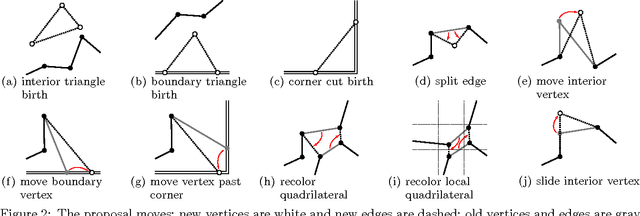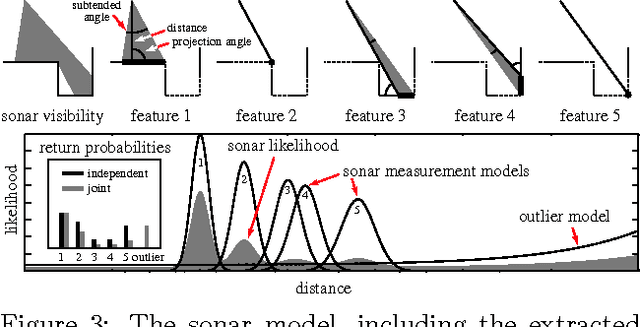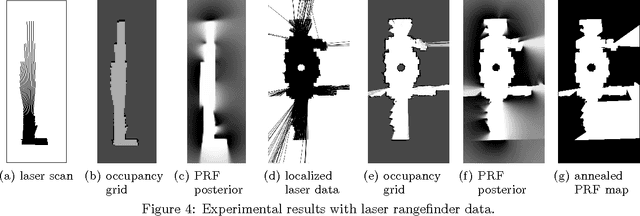Robotic Mapping with Polygonal Random Fields
Paper and Code
Jul 04, 2012



Two types of probabilistic maps are popular in the mobile robotics literature: occupancy grids and geometric maps. Occupancy grids have the advantages of simplicity and speed, but they represent only a restricted class of maps and they make incorrect independence assumptions. On the other hand, current geometric approaches, which characterize the environment by features such as line segments, can represent complex environments compactly. However, they do not reason explicitly about occupancy, a necessity for motion planning; and, they lack a complete probability model over environmental structures. In this paper we present a probabilistic mapping technique based on polygonal random fields (PRF), which combines the advantages of both approaches. Our approach explicitly represents occupancy using a geometric representation, and it is based upon a consistent probability distribution over environments which avoids the incorrect independence assumptions made by occupancy grids. We show how sampling techniques for PRFs can be applied to localized laser and sonar data, and we demonstrate significant improvements in mapping performance over occupancy grids.
 Add to Chrome
Add to Chrome Add to Firefox
Add to Firefox Add to Edge
Add to Edge